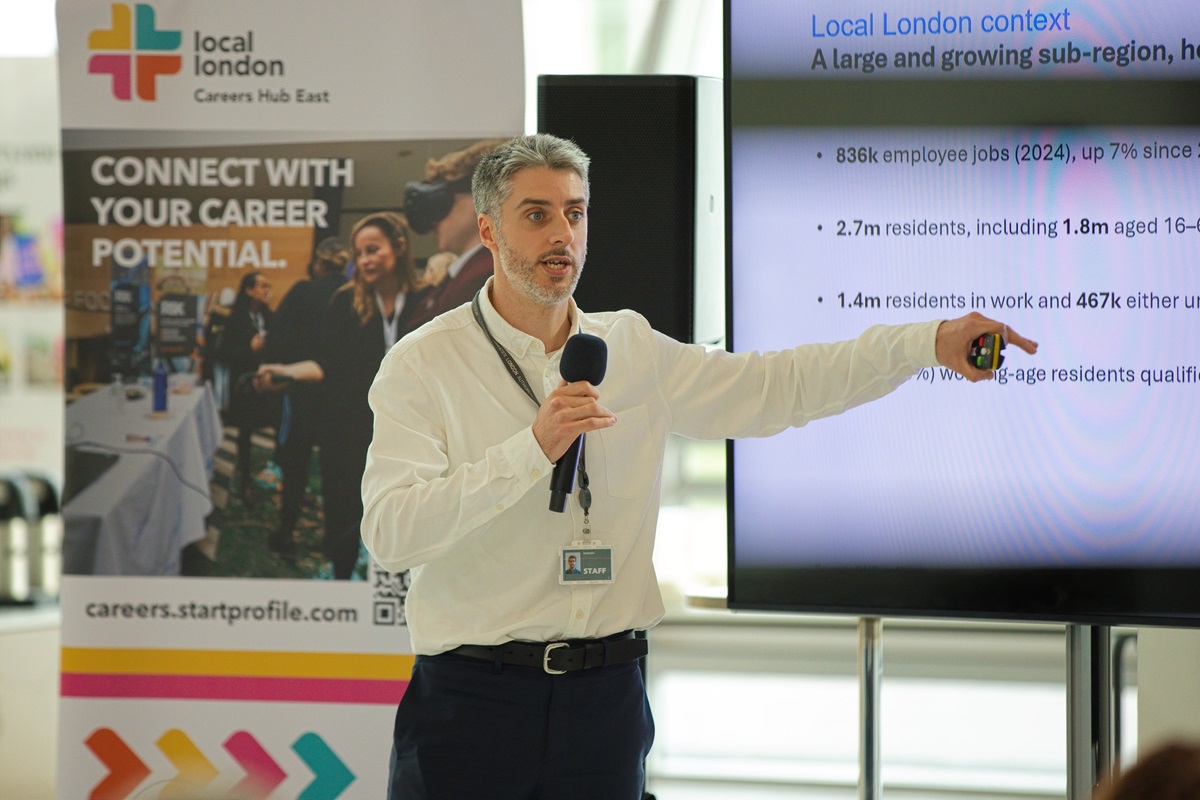
- 4th December 2025
- Back to All News


On 12 November we hosted a Skills and Employment Summit to champion the integration of skills and workforce development across our sub-region.
Across the sub-region great progress has been made to join up employers’ needs and local skills provision, but the dialogue must continue. We are looking for businesses and employers to shape our new Local Skills Improvement Plan (LSIP) to ensure that skills and training provision continues to meet local businesses’ needs.
Have your say in our survey (closing date: 30 January 2026).
We are really keen to gather feedback from a wide range of businesses from micro to large please share this survey with your networks.
Forogh Rahmani, Director of Local London, said: “Boosting skills and employment is at the heart of our new Vision for Growth.
Since researching and publishing our current Local Skills Improvement Plan we have made great strides towards aligning skills and training with real-world needs of local businesses. Across the sub-region there is far greater collaboration than there was, and the Local London Skills Providers Network is a brilliant example of this.
The workplace is changing at pace, and our LSIP must keep up. That’s why we’re asking employers from across the sub-region to contribute their views and guide our work to ensure it reflects their priorities.”

Watch our video to find out more about skills and employment in the sub-region and how you can shape future training.
Our Connect to Work and Trailblazers programmes, funded by government, present opportunities for businesses and health sector colleagues to play an active role in helping local people find and stay in work.
For more information, contact llconnecttowork@redbridge.gov.uk
Our Careers Hub team work with over 218 mainstream and specialist schools in our sub-region. From offering work experience, to sharing your experiences with young people as a volunteer ‘Enterprise Advisor’ or taking part in careers fairs, you can play crucial role in inspiring and broadening the horizons of young people.
For more information, contact: careershub.east@redbridge.gov.uk
Our Work Connections website has a growing library of resources to help employers find and recruit talent, become more inclusive employers and much more. Visit workconnections.london
Our thanks to the brilliant speakers in our film:

If you would like to be part of shaping the future of skills complete our LSIP survey.
Interested in finding out more? Please contact us, we'd love to hear from you.
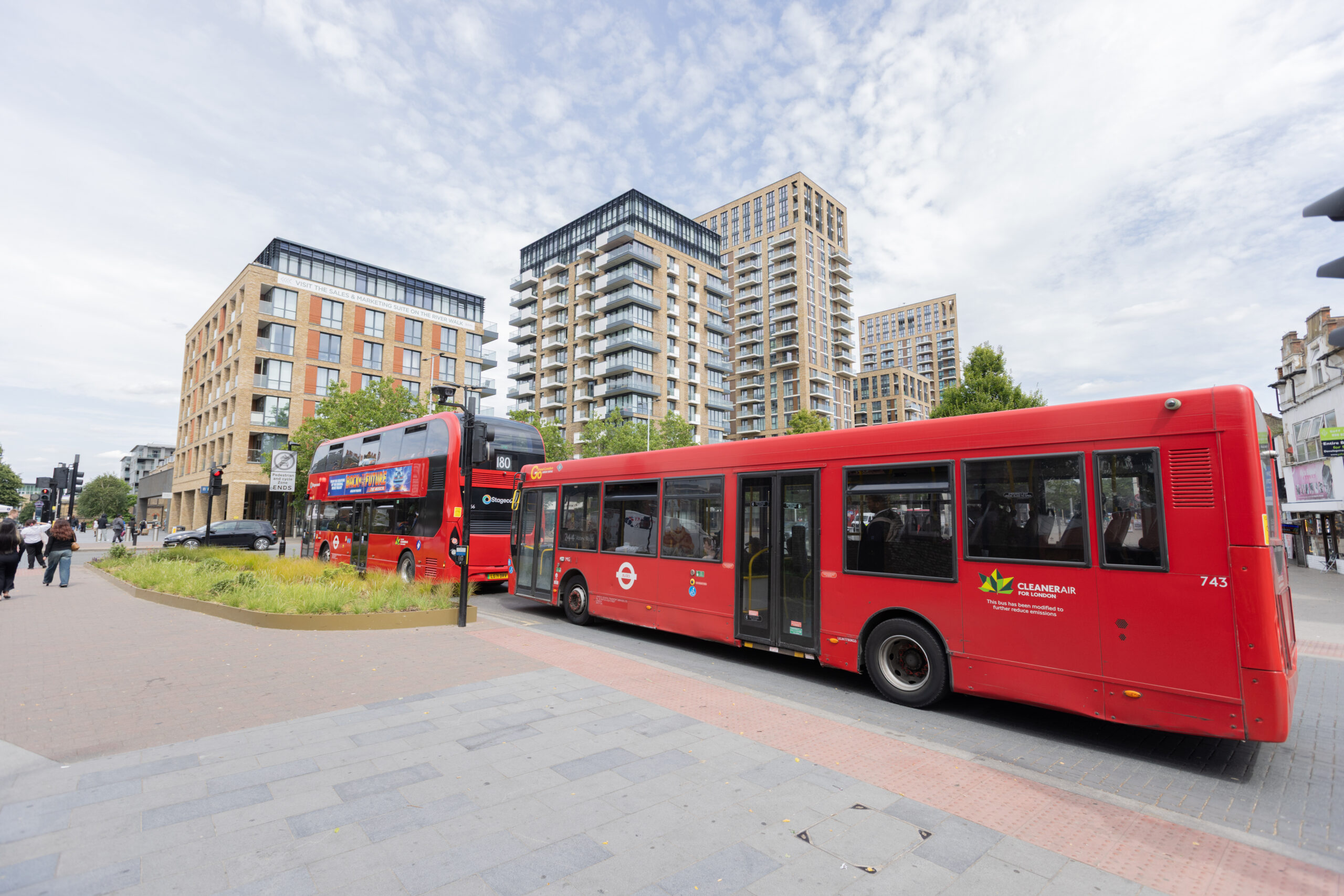
Last week Local London published its Vision for Growth across its nine member boroughs, setting out ambitions to create a place where all can live well, succeed and thrive.
Researched and written by leading independent think tank, Centre for London, the Vision highlights how unlocking growth in the Local London sub-region will play a key role in meeting the UK’s prosperity ambitions.
The Vision provides a blueprint for growth, supporting the London Growth Plan and the UK government’s national industrial strategy and growth ambitions. It also highlights how chronic under-investment in infrastructure is limiting growth.
While the Growth Plan for London identified three key investment priorities - Stratford upgrade, DLR extension and the Bakerloo Line extension - Local London’s own research, produced by GC Insight*, goes further and identifies 15 priorities for investment.
The GC Insight report, which outlines the socio-economic benefits that each of these projects could catalyse, is already informing Local London’s advocacy and drive for investment, part of discussions at the sub-region’s first Investment Forum on 18 November 2025.
These transport infrastructure investments are key to:
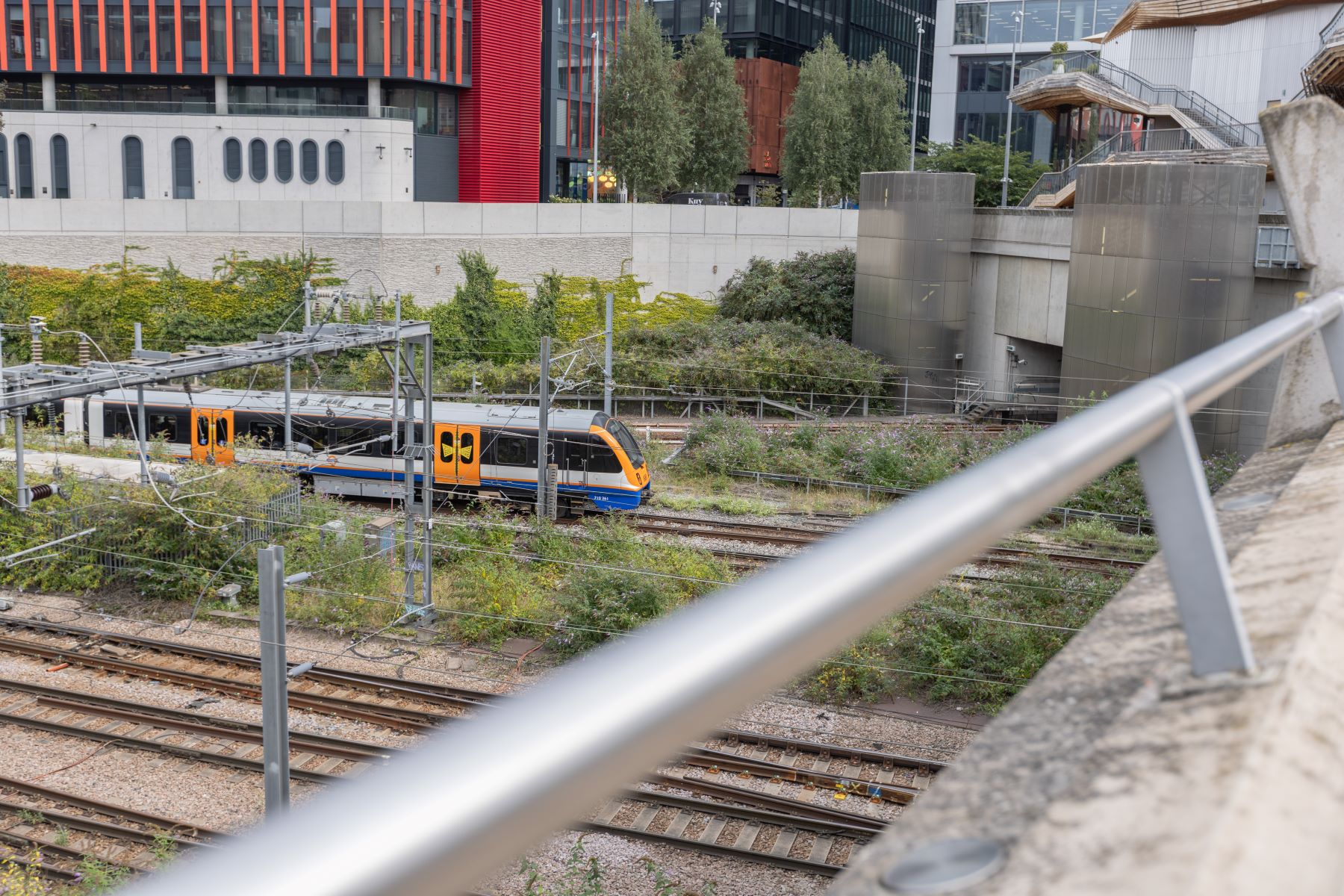
Mayor Fiaz, Chair of Local London’s Growth Board and Mayor of Newham, said “For a number of years, investment in transport has not matched growth in our boroughs. This is holding up building much-needed housing and amenity, adversely affecting access to jobs and health services, and leading to high levels of car usage, which is negatively affecting air quality.
These issues affect us all, but the impacts are most especially felt by our in-need communities. Stalling transport investment is not an option.
With this appraisal of the sub-regional opportunities and challenges ahead, we will fortify our case for urgent transport investment to achieve the potential of this part of the capital.”
A spokesperson for GC Insight said “Our research shows that growth in east London—both north and south of the river—is being constrained by a lack of investment in transport infrastructure. Unlocking these projects will deliver far-reaching benefits, from boosting housing supply and improving air quality to creating jobs and enhancing quality of life.”
* GC Insight formerly operating as ekosgen

If you would like to be part of delivering our Vision get in touch.
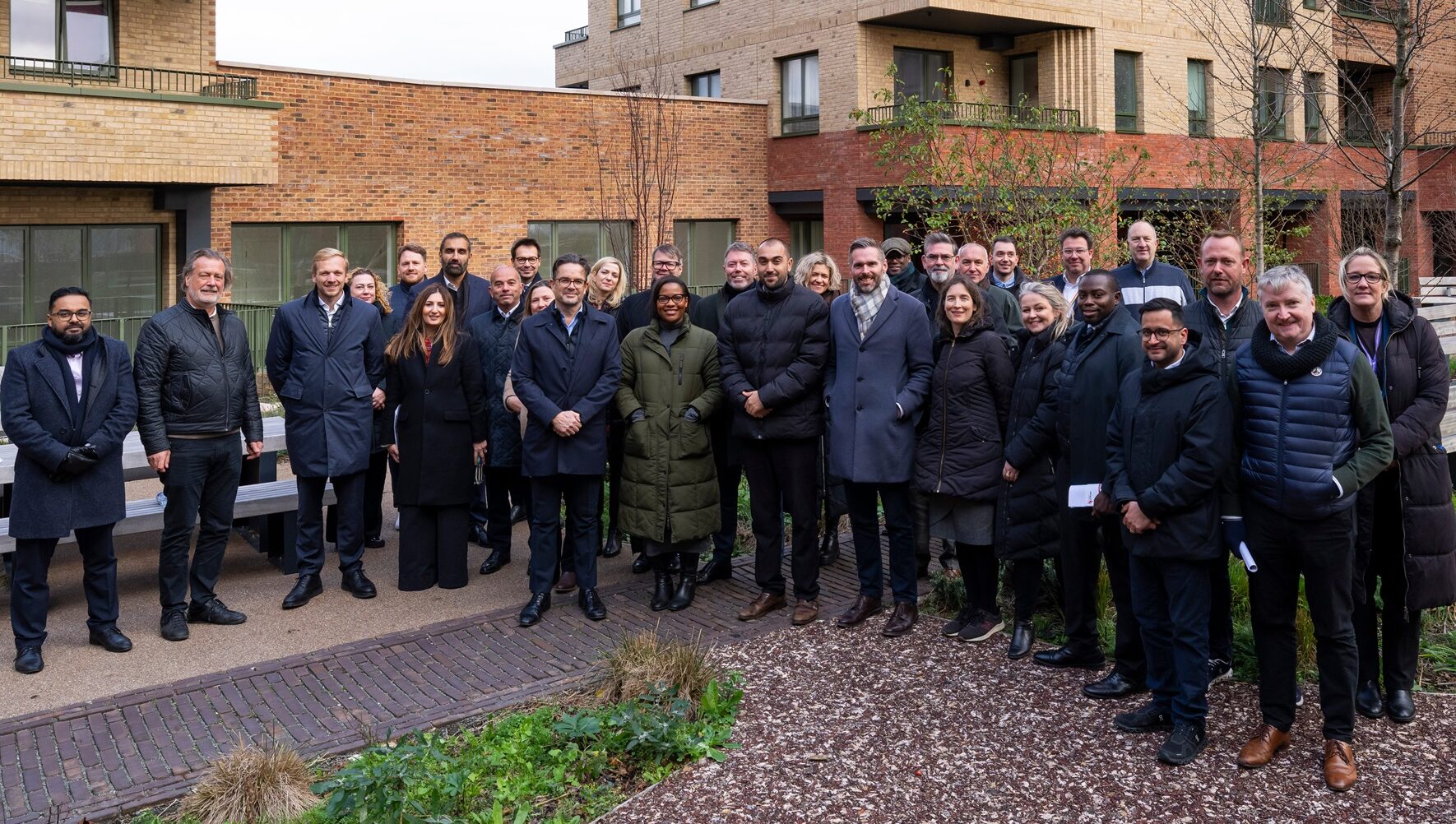
Leaders, Mayor and Chief Executives from our nine boroughs joined together in Enfield to discuss housing development with Tom Copley, Deputy Mayor for Housing and Residential Development.
With a population growing faster than elsewhere in the capital, boroughs in the Local London sub-regional partnership are seeking to attract investment to unlock housing and infrastructure to support thriving communities.
The boroughs’ recently launched Vision for Growth highlights the sub-region’s vast opportunities, as home to 55% of London’s undeveloped land and connections to UK and international markets.
Home to many of London’s biggest development and growth opportunities, the sub-region’s new Vision outlines how working together, partners across the nine boroughs can capitalise on opportunities to create a place where everyone can live well and succeed.

During their visit to Enfield, delegates were given an exclusive tour of Meridian Water, the Council’s landmark regeneration scheme set to deliver 10,000 new homes and 6,000 jobs adjacent to the Lee Valley Regional Park.
The tour also showcased the Enfield Construction Skills Academy, a pioneering initiative established by Enfield Council, Countryside Partnerships, and Capital City College. The Academy is equipping approximately 500 learners annually with vital skills through apprenticeships and training courses, ensuring local people can access high-quality employment opportunities and play an active role in shaping the area’s transformation.
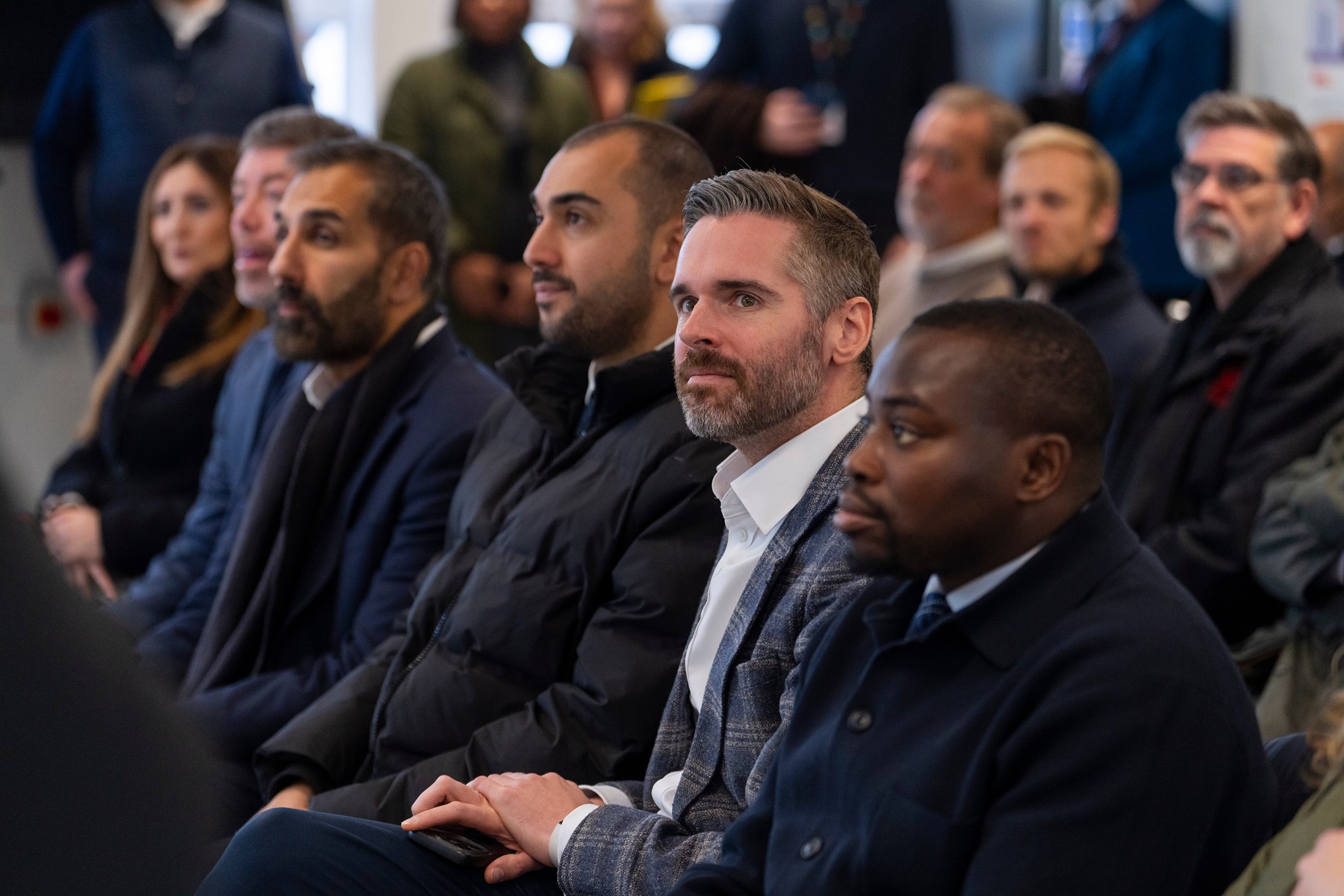
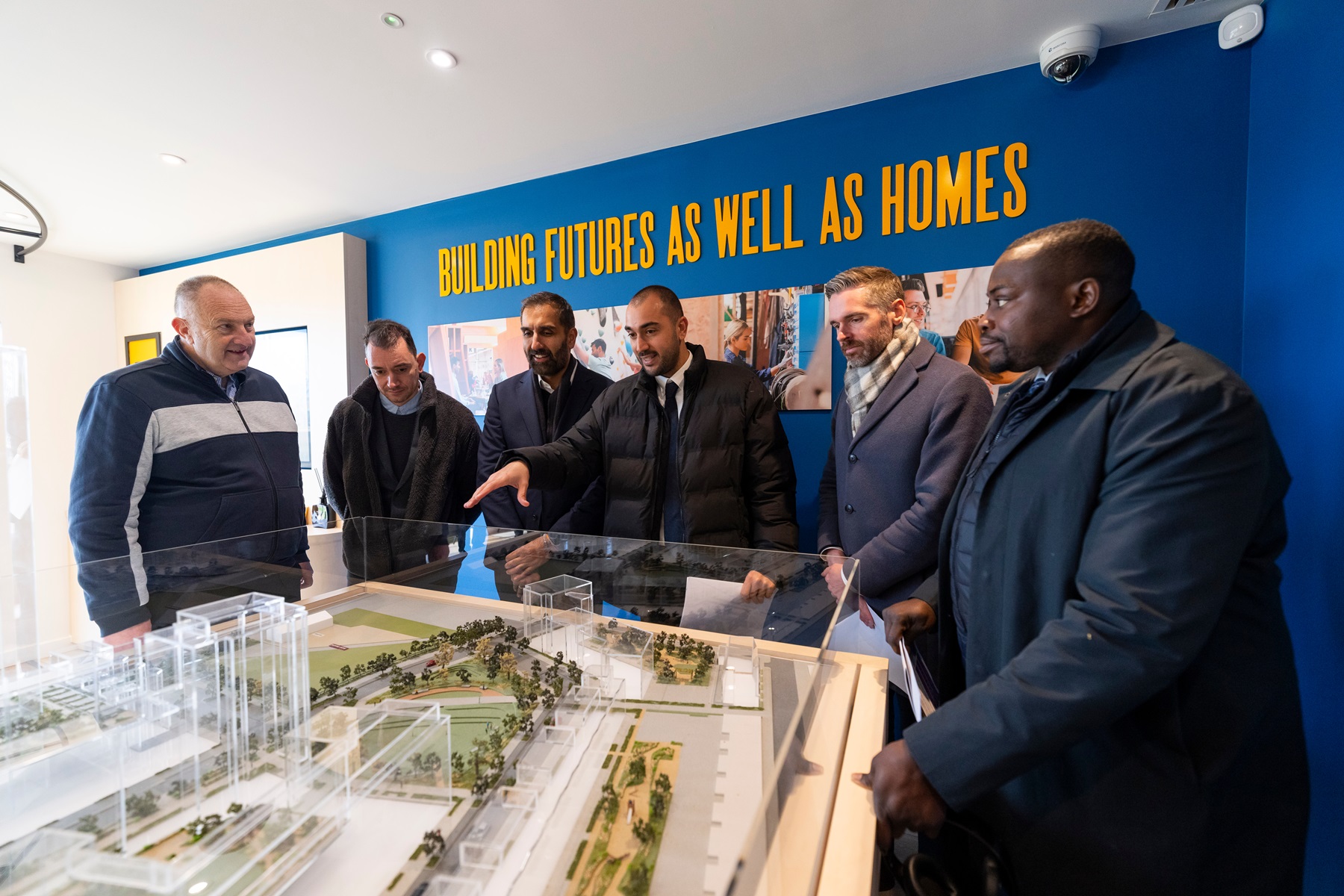
Tom Copley, Deputy Mayor for Housing and Residential Development said: “Tackling the housing crisis in London is a top priority for the Mayor and me, and we are doing everything we can to deliver more homes of all tenures. Today’s discussions help support our work by focusing on how new investment in housing and infrastructure across east London boroughs will strengthen communities and unlock the capital’s full economic potential. We look forward to working together to deliver the homes in London we desperately need as we build a better and fairer city for all.”
Cllr Okereke Chair of Local London and Leader of Greenwich, said "This is an incredibly exciting time for our sub-region. Our newly launched Vision sets out the significant opportunities ahead, while highlighting the critical need for investment across our boroughs. Alongside attracting that investment, we are focused on unlocking housing and infrastructure and driving forward employment and skills. The Enfield Construction Skills Academy is a fantastic example of equipping local people with the expertise they need to access quality jobs and play a central role in our growth journey.”
Cllr Ergin Erbil, Leader of Enfield Council, said: “Enfield continues to create decent jobs and build decent homes for local people. We have a good history of delivering major projects that improve our neighbourhoods and create opportunities for our residents. Meridian Water shows our commitment to building successful communities where everyone can do well. We’re especially proud of the Enfield Construction Skills Academy. It’s a partnership that could be copied in other places, and we were pleased to share what we’ve learned with colleagues from across our sub-region today.”
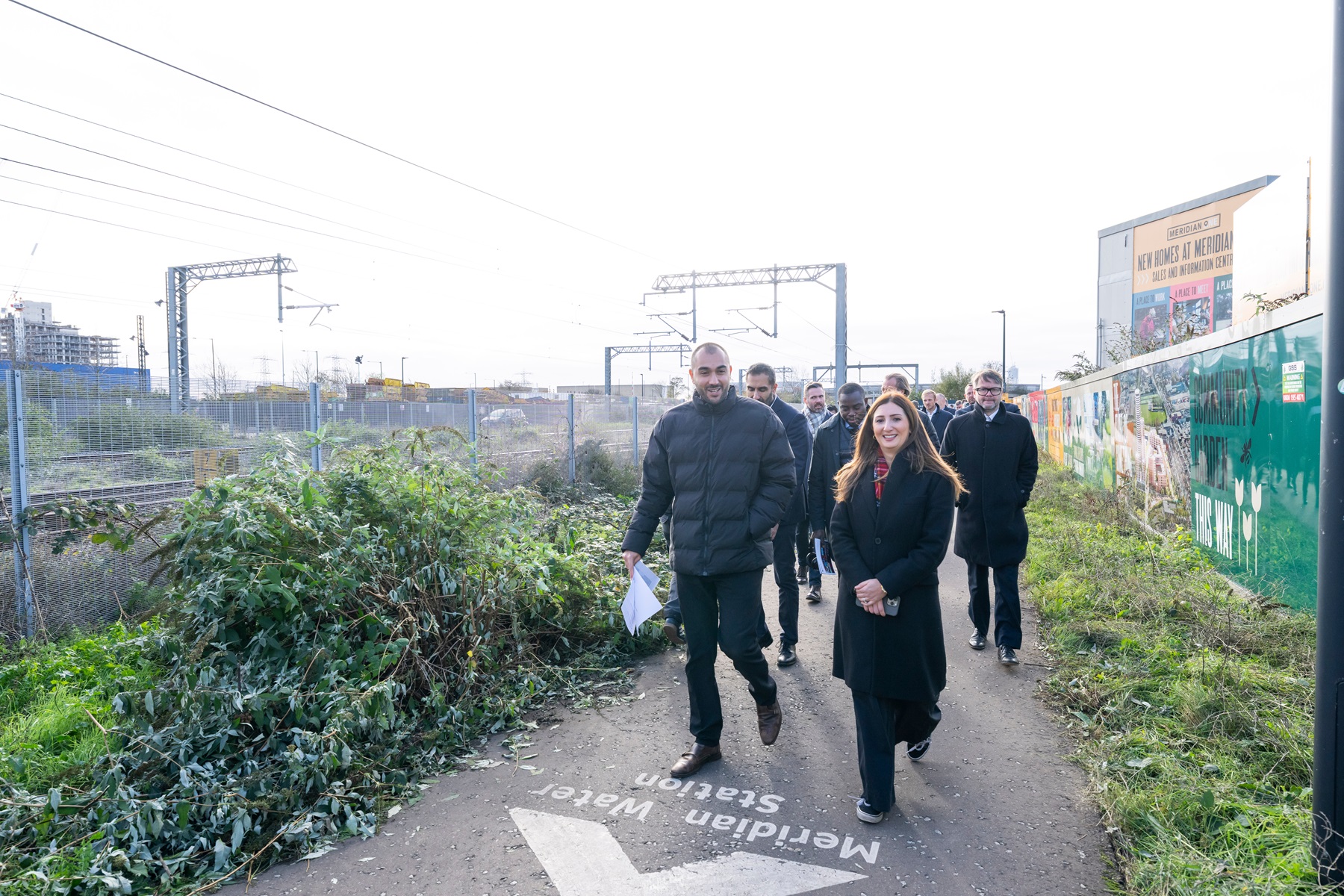
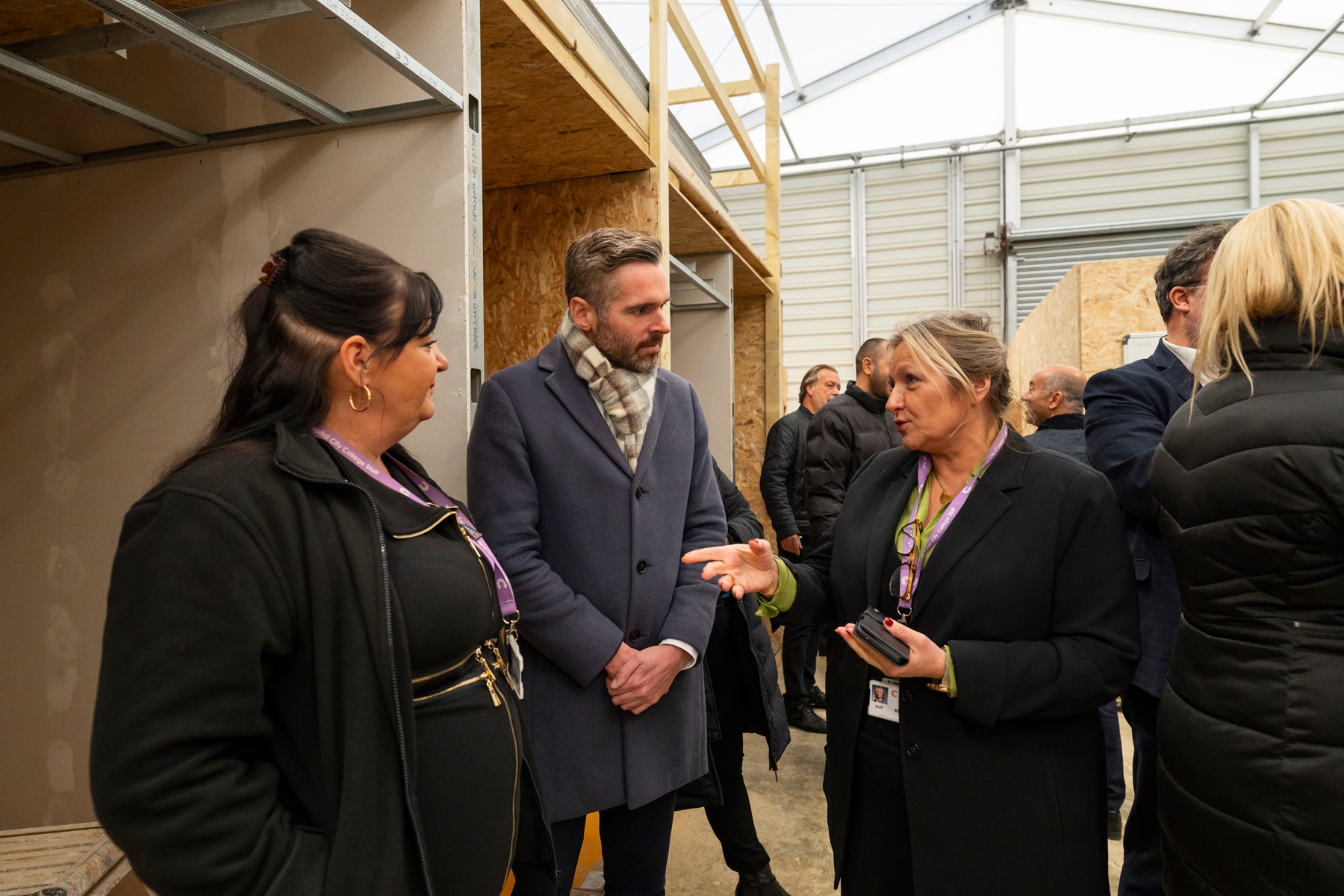

If you would like to be part of delivering our Vision get in touch.
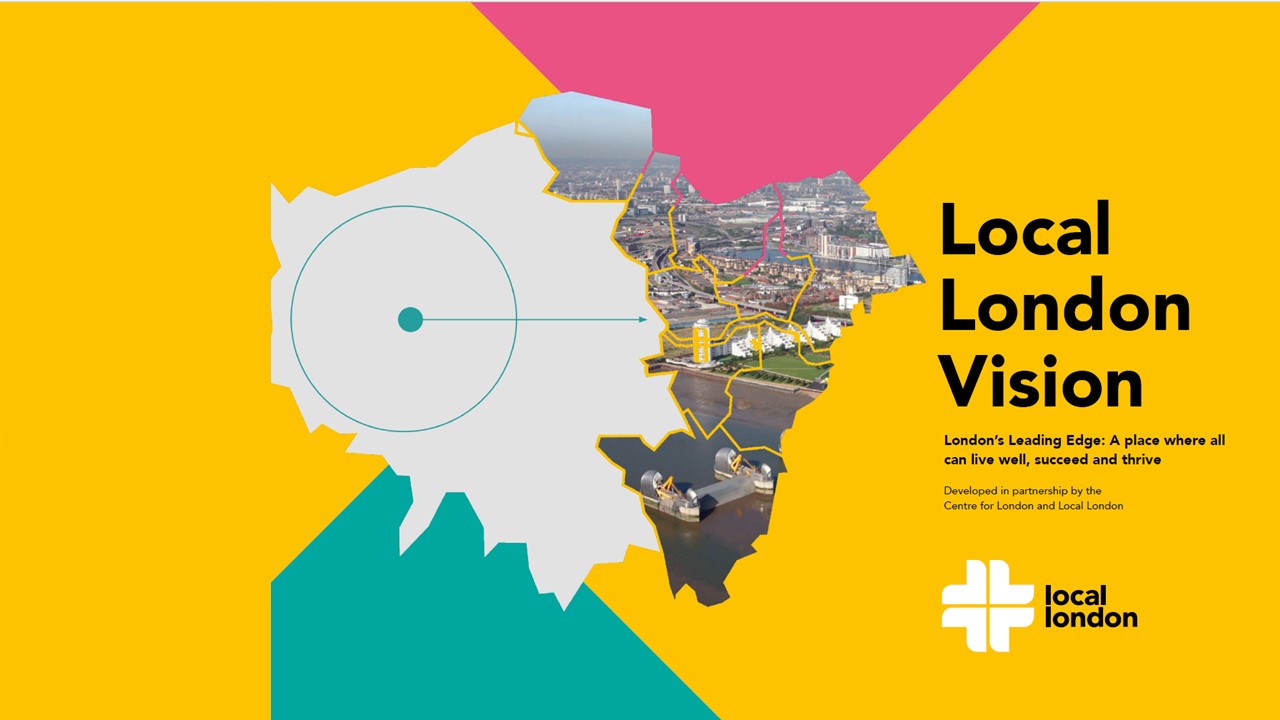
Local London, the capital’s biggest sub-regional partnership, launched its new Vision for Growth today at its inaugural Investment and Development Forum.
The event, held at The Good Hotel on Royal Victoria Dock, brought together public and private sector investors with delegates from nine boroughs to unveil the new Vision and initiate discussions to unlock investment opportunities.
Researched and authored by Centre for London, the capital’s independent think tank, the Vision sets out how partners across Local London will accelerate growth and tackle inequality in its member boroughs: Barking & Dagenham, Bexley, Bromley, Enfield, Greenwich, Havering, Newham, Redbridge and Waltham Forest.
This research reveals that the Local London sub-region has the key ingredients for growth:
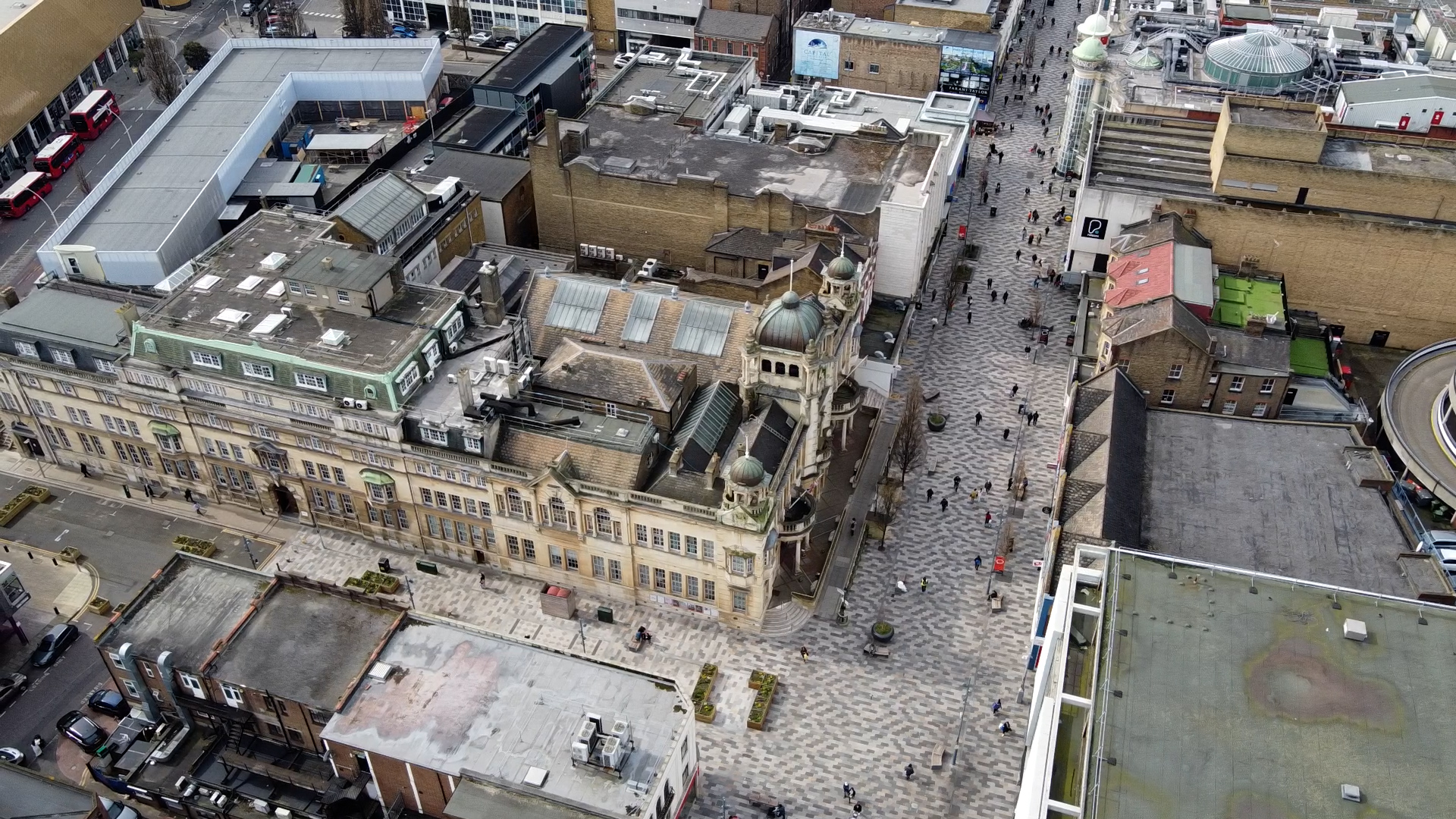
These act as natural advantages for the sub-region. Growth could both benefit the local population as well as stimulate wider economic benefits for London and the rest of the UK.
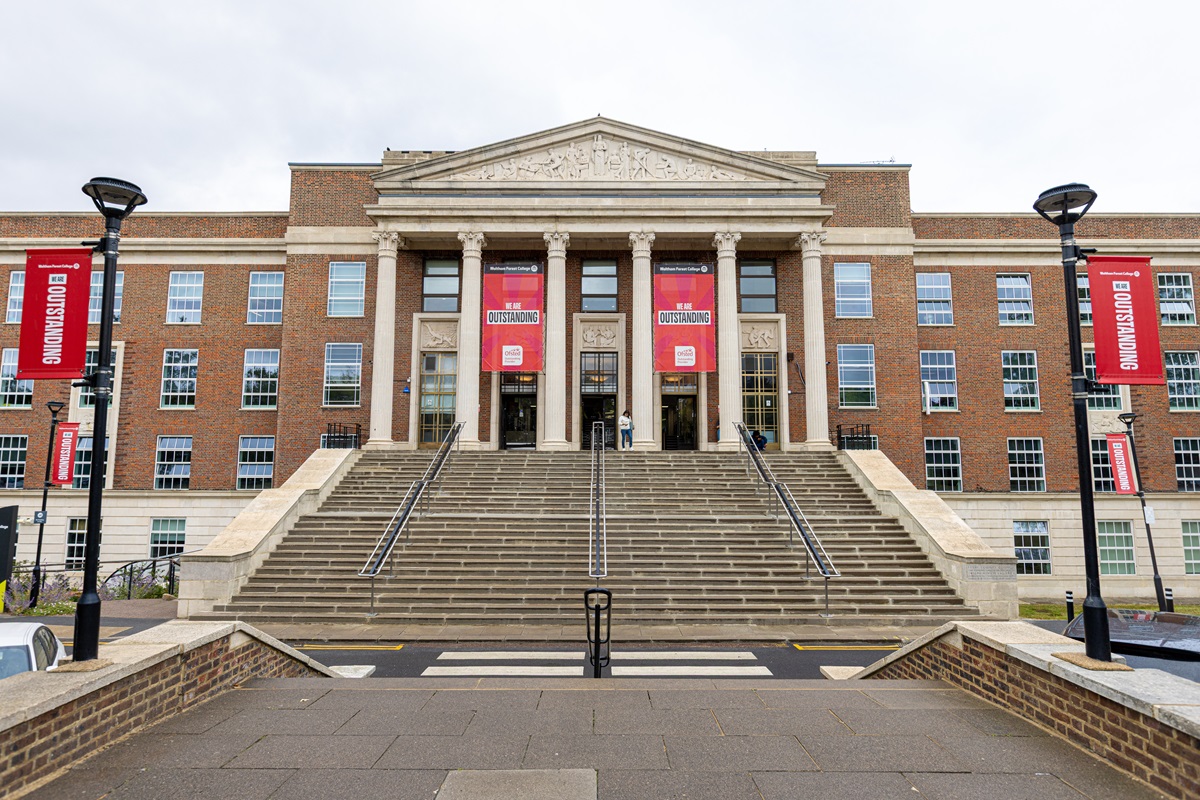
With the fastest growing population in the capital, Local London is home to a third of the capital’s families and the highest proportion of under 18's. Nearly half (46%) of Local London’s places are characterised by vibrant migrant and student neighbourhoods.
These diverse communities are united by a common thread – the overwhelming majority of the sub-region’s residents are proud to live there. In Centre for London’s polling with Savanta, three-quarters stated they felt ‘proud’ or ‘very proud’ of their area.
This population already boasts impressive skills achievements. In 2023-24, 136,000 residents achieved Level 2-3 qualifications (equivalent to GCSE’s and A-Levels) – the highest across the capital. At university level, the sub-region has the largest cohort of London’s higher education achievements at undergraduate level, holding that position since 2018. With a highly dynamic and skilled population, the residents of Local London could be the key to investment and innovation in the area.
Additionally, the sub-region has a strong economic base. The number of businesses has grown by 44% in the sub-region in the last decade, 10% higher than the London average. This has seen more residents reap the benefits of economic growth. There has been a rapid increase in employment since 2010, averaging 9.1% across the sub-region which is twice the national rate. Meanwhile economic inactivity has dropped by 3% among working-age men and 10% among working-age women.
However, there is still work to do to maximise the potential of the sub-region and ensure economic growth benefits everyone. The sub-region has the lowest gross weekly pay in capital and some communities remain the most deprived in the country. In one statistic from Centre for London and Savanta’s polling – 1 in 5 Local London residents rated the availability of quality, well-paid jobs in the area as ‘poor’.
Meanwhile, the sub-region’s productivity growth has fallen below both the London and national average – this means Local London’s workers produce less per hour worked than their peers nationally and regionally, holding back local prosperity and the wider economy.
Decisive action is required to prevent this prosperity gap widening, and the building blocks for this are in place. Local London has the people – a dynamic and diverse population; the skills – a community ready and willing to learn; and the business – a strong foundational economy, growing faster than all other Outer London areas. Despite these positives, the potential of North East and South East London remains unrealised.
As a sub-region, it’s time to match the opportunities to the potential of the residents and business. Local London’s vision includes steps to:
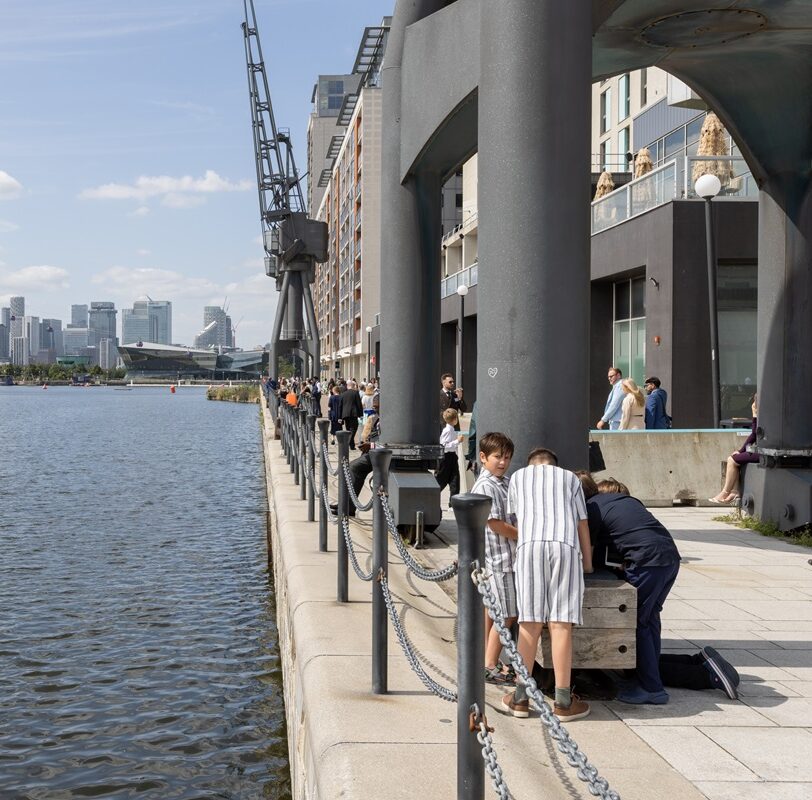
Cllr Anthony Okereke, Chair of Local London and Leader of the Royal Borough of Greenwich, said “Across our boroughs, we are united in our commitment to driving sustainable and inclusive growth that benefits both our communities and the wider economy. Recent research by Centre for London highlights the scale of opportunity in our sub-region, and the damaging impact of delaying vital investment.
Our Vision builds on a strong track record and a deep understanding of our unique strengths. It sets out a bold, actionable plan to unlock the sub-region’s unmissable potential. Through four strategic missions, we will attract investment, unlock infrastructure, support enterprise, and boost skills and employment.
We are calling on government, businesses, and education partners to work with us to accelerate investment and create thriving communities with quality homes, vibrant commercial spaces, good jobs, and seamless connectivity. It is vital we act now.”
Rob Anderson, Research Director at Centre for London, said: “One of the government’s key pledges was to make work pay. To do so, we need to enable our sub-regional and local governments to work directly with local residents – matching their interests, skills and circumstances to local jobs, businesses and new opportunities.
Local London have set out an ambitious plan, building on historical success in regeneration, covering all corners of the sub-region. The foundations for inclusive and equitable growth are there. Now, it’s time to take actions to make sure residents, businesses and investors benefit as we realise the potential of London’s biggest sub-region.”

If you would like to be part of delivering our Vision, get in touch: hello.localLondon@redbridge.gov.uk

Today [01 Aug 2025] we wrote to the Minister of State for Data Protection and Telecoms with our local authority colleagues at London Councils, Central London Forward, South London Partnership and West London Alliance, asking for support to tackle digital inequalities and gaps in digital infrastructure investment across the capital.
There has been significant public sector support to stimulate digital investment in other parts of the UK and leaders are coming together to call for high-speed connectivity across all of London; this is fundamental to achieving our growth potential, world-leading digital ambitions and ensuring no communities are be left behind.
Cllr Anthony Okereke, Chair of Local London and Leader of the Royal Borough of Greenwich, said:
“We are writing to the Government with our colleagues from across London calling for support to tackle gaps in digital infrastructure provision across the inner and outer boroughs of our great city.
Counter to perceptions, not all London benefits from gigabit capable broadband connectivity. In our East London boroughs, we are working hard to bring in investment to tackle connectivity issues affecting 90,000 businesses and homes. Connectivity goes beyond political boundaries, we are standing with our London colleagues to urge Government to ensure all London has the digital infrastructure to contribute to its fullest potential for the benefit of people locally, regionally and across the UK.”


Mayor Rokhsana Fiaz OBE, Chair of Local London’s Growth Board that leads on digital, and Mayor of Newham, said:
“Across the capital, gaps in services are creating digital inequalities and curtailing opportunities for people and businesses, this impacts on local and national growth. In our fast-growing East London sub-region alone, there are tens of thousands of premises unable to access a gigabit broadband service. We also require world class mobile services and the ability to deliver fibre and business services to data centre locations, business clusters, business parks and growth zones.
We are committed to working with the public and private sectors to bring high-speed broadband connectivity to our boroughs, London, and beyond. This is fundamental for digital inclusion and ambitions to lead the UK’s AI and digital future.”
Read our letter to Minister Sir Chris Bryant MP re London's digital connectivity challenges.
Local London and South London Partnership have jointly produced a Digital Strategy, along with a toolkit to help local authority officers secure digital infrastructure investment. Discover more: londondigitaltoolkit.org.uk

The availability of world class digital infrastructure across Local London is key to delivering economic prosperity and efficient public services. Most notably the growth objectives of the nation will only be achieved if the underlying infrastructure is available. Local London is one of the fastest growing regions in the UK and an engine of growth for the UK economy. This paper sets out the challenges and digital infrastructure investment opportunity.
Ahead of the launch of the Government’s flagship Levelling Up White Paper, Local London has announced it will publish a new report which will shine fresh light on the sub-region’s case for support.
The Levelling Up White Paper is the Government’s flagship policy for reducing regional deprivation and inequalities. The most basic definition of levelling up assumes poorer regions will be ‘levelled up’ with wealthier regions through various measures and funding arrangements.
Local London has long argued East London is a special case for levelling up support and should be treated similarly to regions often cited for assistance like Cornwall, Teesside and Merseyside. The EU categorised this region ‘least developed’.
In August, Local London commissioned Localis – the well-respected and independent think tank to research and write a new narrative for the sub-region accounting for its historic and entrenched deprivation and the impact of the pandemic on East London.
Their report ‘Levelling Up and Local London’ will be launched on 2nd November with a new set of policy ideas and asks of Government.
A copy of the report will be sent to the new Secretary of State for Levelling Up, Housing and Communities, Michael Gove, and other key decision-makers.
Local London will also be seeking meetings with key civil servants involved in developing levelling-up policy and funding to ensure the sub-region’s position is understood.
The Comprehensive Spending Review (CSR) has revealed some clues about how the UK Shared Prosperity Fund (UKSPF) will support regional levelling-up with more detail expected this spring.
Local London has been working hard to make a case for funding from the UKSPF, which will replace monies distributed by the European Union.
The sub-regional partnership would have expected around £1 billion in growth support from the EU between 2021-7 as a ‘less developed region’ had the UK remained. We are campaigning for similar funding.
But there has been little information and no consultation around the UKSPF up until now.
Rishi Sunak MP, the Chancellor of the Exchequer, did not announce substantial detail about the UKSPF at the CSR in November, but did say further details will be set out in a “UK-wide investment framework” which will be published in the spring.
The Chancellor announced £220m will be allocated in 2021-22 to help local areas prepare for the introduction of the UK Shared Prosperity Fund through pilot programmes which explore new approaches.
A Treasury document published after the CSR said there would be two portions of the UKSPF.
The first will target “places most in need across the UK, such as ex-industrial areas, deprived towns and rural and coastal communities”, and prioritise:
• Investment in people, through initiatives such as work-based training and other local support such as for early years
• Investment in communities and place, “including cultural and sporting facilities, civic, green and rural infrastructure, community-owned assets, neighbourhood and housing improvements, town centre and transport improvements and digital connectivity”
• Investment for local business, which includes support for “innovation, green and tech adoption, tailored to local needs”.
A second portion of the UKSPF will be targeted at “people most in need through bespoke employment and skills programmes that are tailored to local need”.
The Treasury document said this would “support improved employment outcomes for those in and out of work in specific cohorts of people who face labour market barriers”.
The Chancellor also announced a new £4 billion Levelling Up Fund to equalise disparity between the regions of the UK.
Local areas can apply for up to £20m each from the fund to spend on projects which command local support, including from an MP.
The Chancellor said the fund, which will be controlled from Westminster, was designed to improve “the infrastructure of everyday life”. He cited examples of the types of project funding was available for – “for a new bypass, upgraded railway station, roadworks to cut traffic, more libraries, museums and galleries, or town centre improvements.”
The fund will be managed jointly by the Treasury, the Department for Transport and the Ministry of Housing, Communities and Local Government. Projects must have “real impact” and be delivered before the end of the current parliament in 2024.
As yet, the process and detailed criteria for applying to The Levelling Up Fund is not known, but given the prescribed completion date for projects, this announcement is expected imminently.